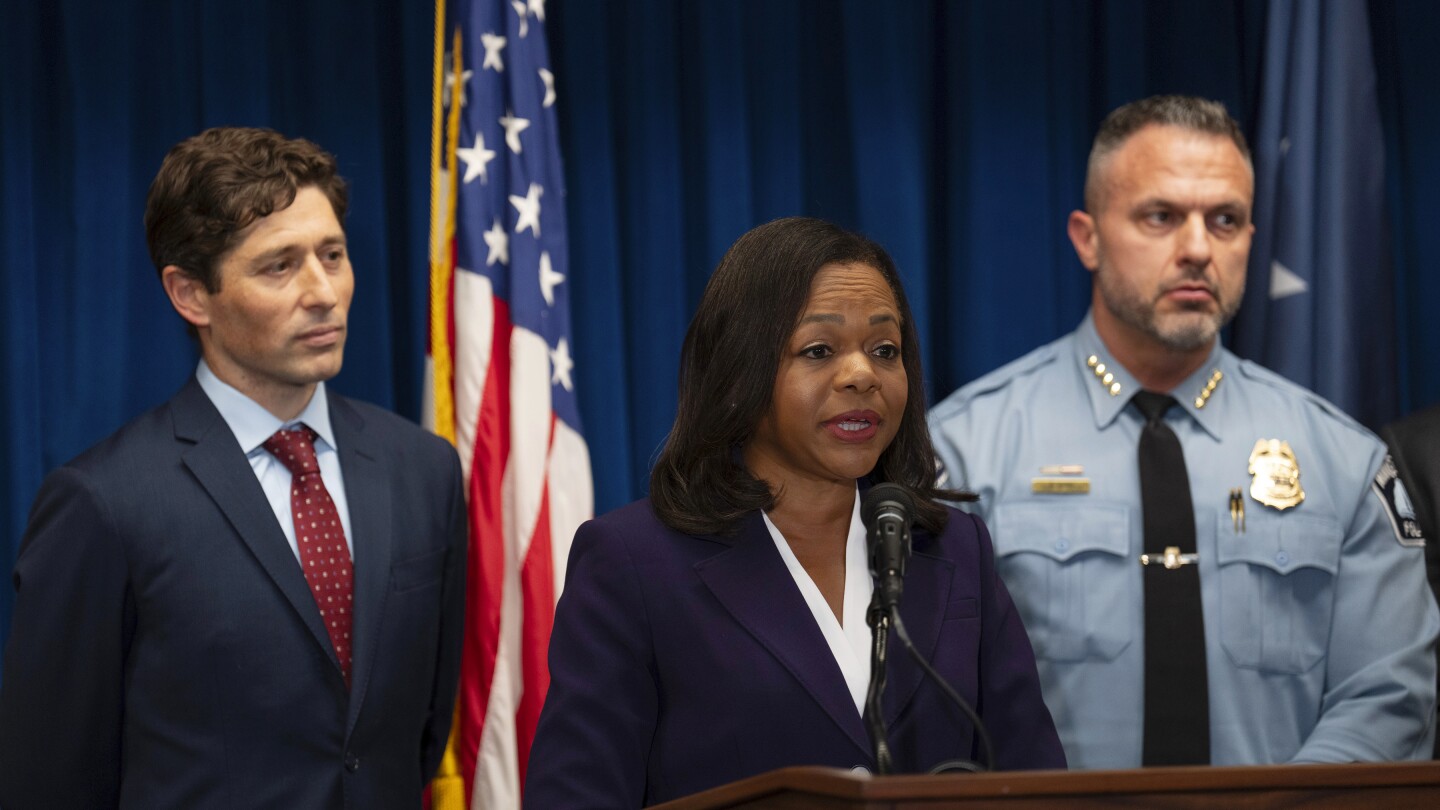Summary
The Minneapolis City Council approved a federal consent decree to overhaul police training and use-of-force policies following the 2020 murder of George Floyd.
The agreement mandates officers prioritize human life, respect dignity, and avoid bias in the use of force.
The reforms stem from a 2023 Department of Justice report that found systematic discrimination, excessive force, and constitutional violations in the department.
An independent monitor and court oversight will enforce the changes, with federal and state consent decrees shaping the city’s police reform efforts for years to come.



deleted by creator
After a quick google search for de-escalation training here in the US (edit: for police), I could find nothing matching these terms. The documents I found mention de-escalation training including empathy and listening, but the majority of it was creating distance and time to protect the officer, and then carried on to mention thing like less-lethal methods of subduing someone. De-escalation apparently means not physically subduing them outright. Some more digging to check EU de-escalation (people anecdotally cite some countries in the EU as being far better at not needing to use violent means to control a situation) and the few documents I could find primarily indicated that “rights-based” de-escalation was a focus, along with specific training to help identify someone with mental health issues and training how to speak to someone in order to deflect and redirect the conversation. None of the EU methodology was mentioned in the US training summary.